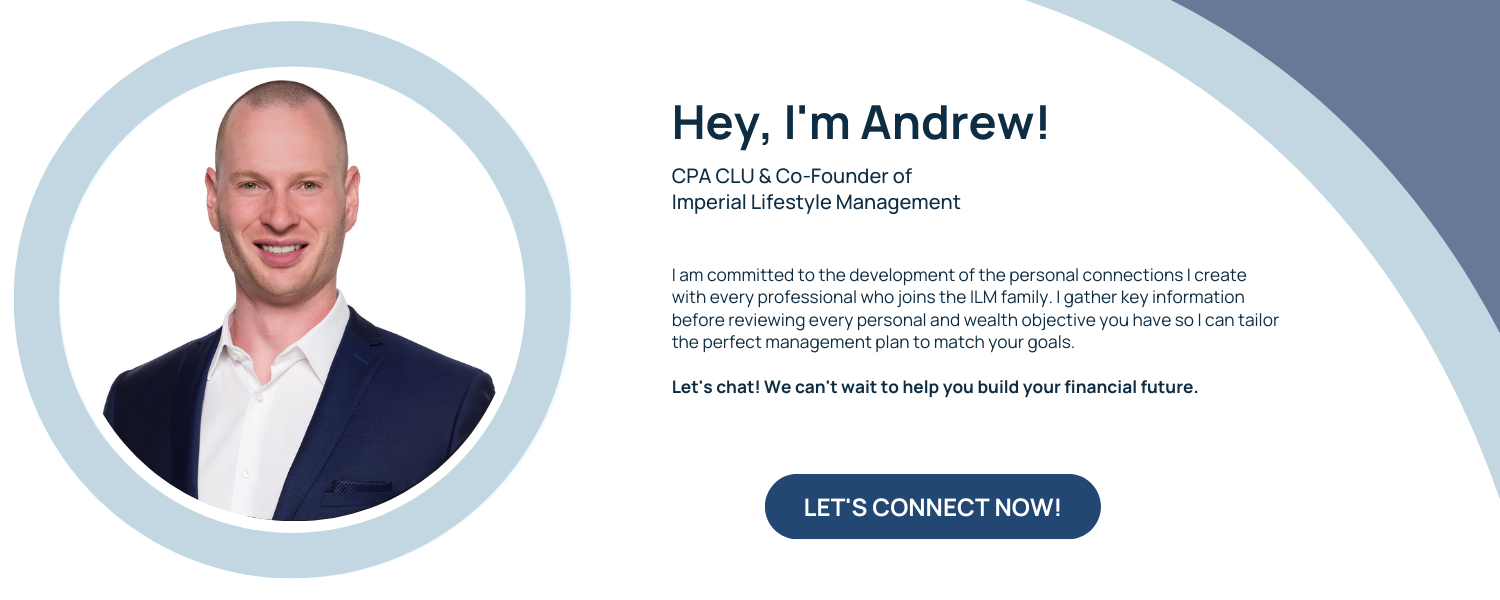Congratulations Doctor; you are now ready to begin work. If you’re experiencing a combination of emotions, such as excitement and nervousness, that is very typical.

Encourage yourself by remembering that all of our province’s best doctors have been down this road. Indeed, the physicians who came before you contributed to the creation of your professional commitment, a code that urges you to take the personal effort needed to improve our healthcare system.
Recognizing Your New Role
In your new role, you will be rewarded with memorable experiences as well as difficult duties. You’ll learn new skills, care for patients, and get compensated for your efforts, all in preparation for certification examinations and building your independent practice.
This indicates you’ll have to manage a lot of responsibilities: You will rotate between being a student, a teacher, and an employee depending on the day.
Success Factors
Throughout your career, you must keep your passion for medicine at the forefront of your mind. Yes, emotion will overwhelm you at times, but you must realise that the stress is worth it because of the objectives you’ve set for yourself and the good you’ll do.
If you’re having trouble, realise that you’re not alone. Reach out to individuals in your network, whether it’s a trusted colleague or mentor, your programme director, or a healthcare expert.
Make friends with the staff at your university’s postgraduate medical education (PGME) office’s Resident Wellness Office. This office contains resources to connect you with the relevant persons who can assist you in resolving issues. Your PGME office is always there to help you, whether you’re burned out, have a relationship problem, or are experiencing trouble in your residency programme.
Three Crucial Points
Taking care of yourself today for a healthy tomorrow is the greatest advice, whether you’re on day one or day 1000 of residency. Here’s how to do it:
- Maintain a strong network of friends and family to support you.
- Nourish your body; get ample sleep, eat healthy nutrient-rich foods, and exercise regularly, to maintain your mental and physical health.
- Take time to decompress regularly. This is different for everyone and could be regular meditation, travel, time in nature or a combination.
- Maintain a solid support system of friends and family members.
Connect with a senior resident in your programme as soon as possible to get the inside scoop about residency. Because each programme is unique, this will assist you in preparing for the days ahead.
Look for ways to get active in your new neighbourhood. Organise trips with both your programme and other programmes. To optimise your academic and social support, consider creating or joining a study club.
- Nourish your body.
The beginning of your residency is the best time to build a personal health strategy. The habits you develop now will serve you well in the coming years.
Sleep in a safe manner. It’s crucial to learn how to obtain a solid “day’s” sleep after a call if you want to keep your weariness under control. Here are some pointers:
- Before your shift finishes, reduce your coffee consumption and invest in decent blind or blackout drapes for your bedroom window. Earplugs and a sleep mask can also help you block out the outside world and get some rest.
- Make time for physical activity. Aim for a daily sweat session, even if it’s only for 10 minutes at a time, as a decent rule of thumb. Short bursts of intense activity, according to studies, are just as effective as longer-term training.
- Don’t be stingy with your nourishment. To feed your body, begin each day with a well-balanced breakfast. It’s difficult to eat properly on the road, but it’s not impossible. Make preparations ahead of time. So you’re not combing the vending machine for a fast burst of sweets or chips, have bottled water, granola bars, and entire fruits in your bag. If you’re on call when the cafeteria is closed, purchase a salad and keep it refrigerated until your shift begins.
- Make arrangements for a trip.
You need time away from your desk to keep on top of your game. Vacations aren’t simply for enjoyment (though they are!), they’re also good for your health, preventing burnout and consequently increasing productivity.
We propose that you select when you want to book your vacation time within the first three months of your residency in order to maximise your vacation time. Getting used to your new work as a doctor will be an exciting learning process, and taking a vacation to recuperate will make it even more delightful.
You’ve spent years preparing for this moment, and there’s not much else you can do to be ready for the year ahead. So, if nothing else, follow your instincts, remain hydrated, remember to eat, sleep when you can, and always do what is best for the patient. Now, doctor, go save some lives.
As a friendly reminder, Imperial Lifestyle is here to help you start with good habits by helping you with any roadblocks or pitfalls. We want you to thrive in your career and ensure you are making the best decisions possible. To learn more about how our advisors can help you, visit us at imperiallife.ca.




Stay In Touch